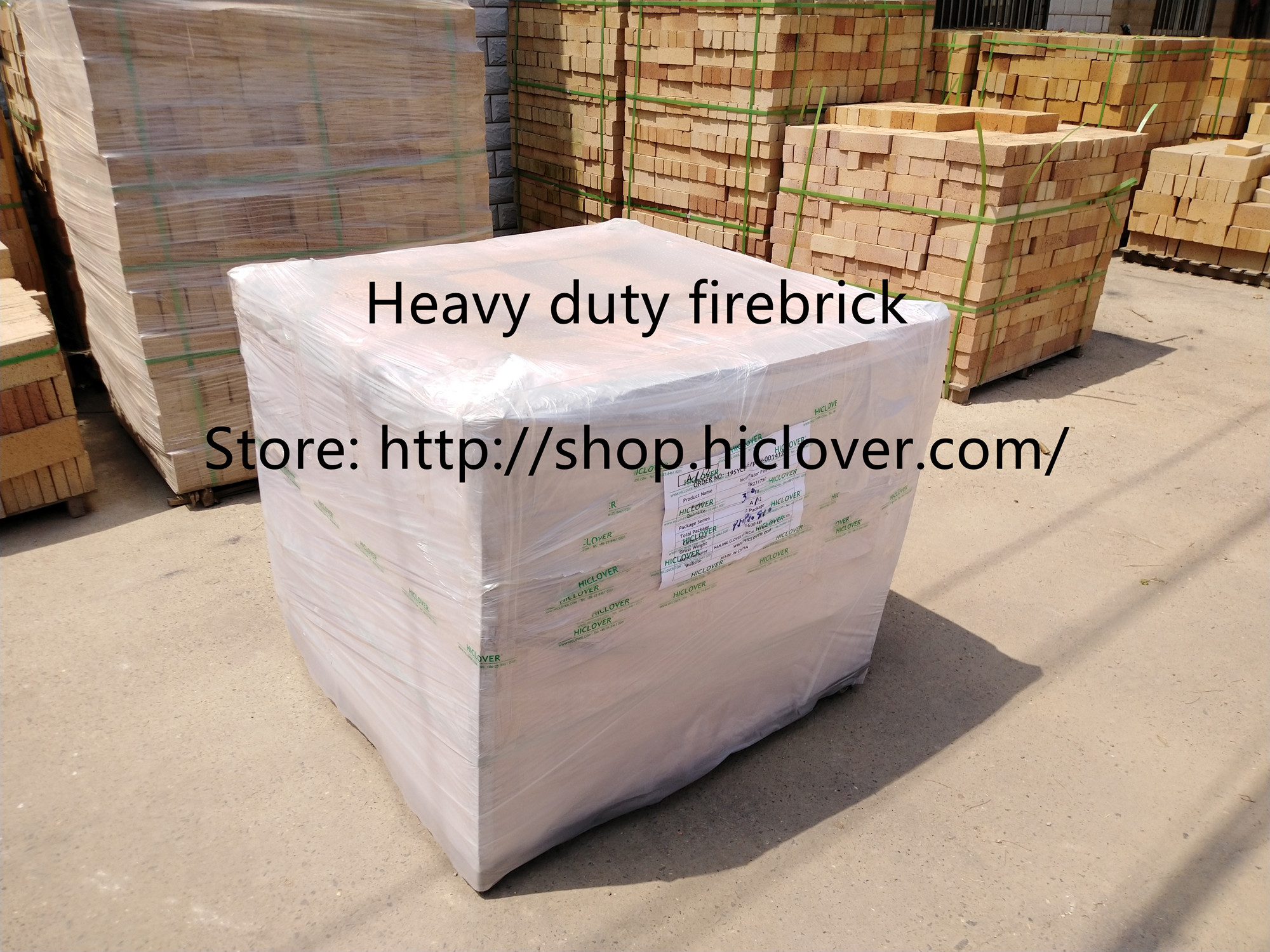Waste management has long been a pressing issue in modern society, with the amount of waste being generated increasing exponentially. In recent years, there has been a push towards more sustainable and effective methods of dealing with this growing problem. One of the most promising solutions is the use of advanced waste to energy technologies, which have the potential to revolutionize the way we manage and dispose of waste.
Advanced waste to energy technologies encompass a range of innovative processes and technologies that aim to convert waste materials into energy. These technologies have the potential to not only reduce the amount of waste sent to landfills, but also generate valuable energy in the process.
One of the most common methods of waste to energy is incineration, where waste is burned at high temperatures to produce heat and electricity. While traditional incineration methods have been criticized for their environmental impact, advanced incineration technologies now exist that are designed to minimize emissions and maximize energy production.
Another promising waste to energy technology is anaerobic digestion, a biological process in which microorganisms break down organic materials in the absence of oxygen, to produce biogas that can be used as a renewable energy source.
Furthermore, gasification is a process that converts organic or fossil-based carbonaceous materials into carbon monoxide, hydrogen, and carbon dioxide. Lastly, pyrolysis is a thermal decomposition process that uses heat in the absence of oxygen to convert organic materials into syngas, bio-oil, and biochar.
The potential impact of advanced waste to energy technologies on the waste management industry is significant. By reducing the amount of waste sent to landfills and incinerators, these technologies can help to alleviate the strain on already overburdened waste management systems. The production of renewable energy from waste can also help to reduce the reliance on non-renewable energy sources, contributing to a more sustainable energy future.
In addition to the environmental benefits, advanced waste to energy technologies also have the potential to create new economic opportunities. By generating energy from waste, these technologies can provide a new revenue stream for waste management companies, while also creating new jobs in the renewable energy sector.
However, it is important to note that the implementation of advanced waste to energy technologies is not without its challenges. There are still concerns about the emissions and environmental impact of these processes, as well as the need for strict regulations to ensure that the technologies are used responsibly.
Overall, the potential of advanced waste to energy technologies to revolutionize waste management is significant. By converting waste into renewable energy, these technologies have the potential to drive a more sustainable, efficient, and environmentally friendly waste management system. As we continue to search for solutions to the growing waste problem, advanced waste to energy technologies offer a promising path forward.



